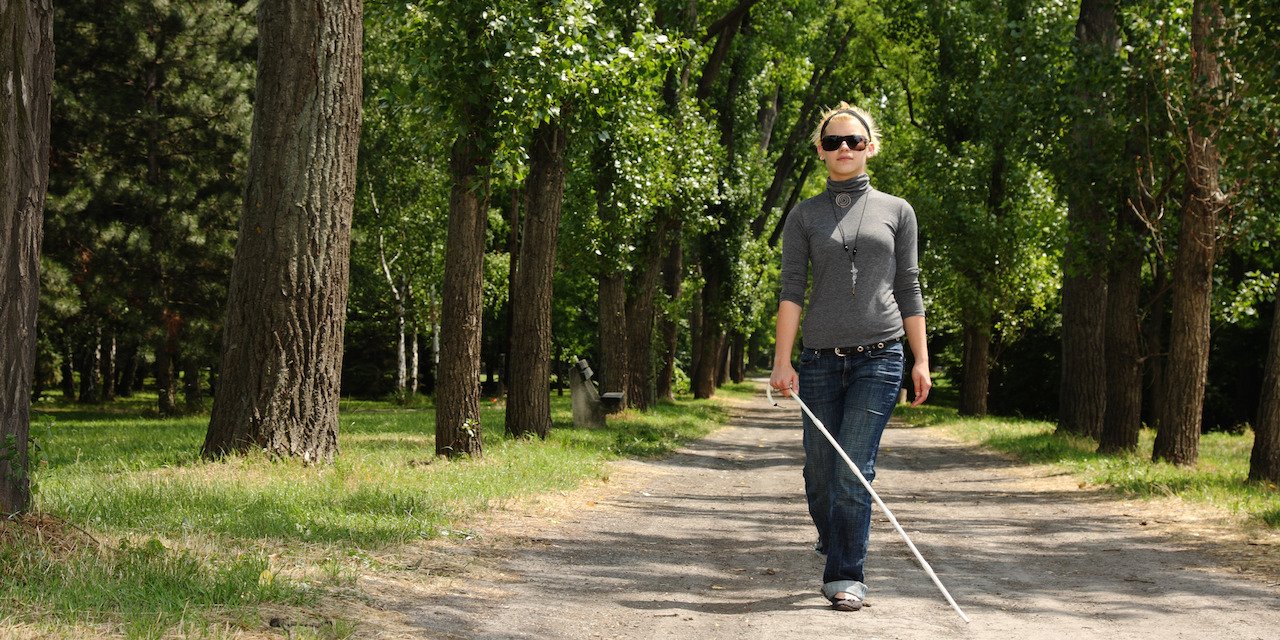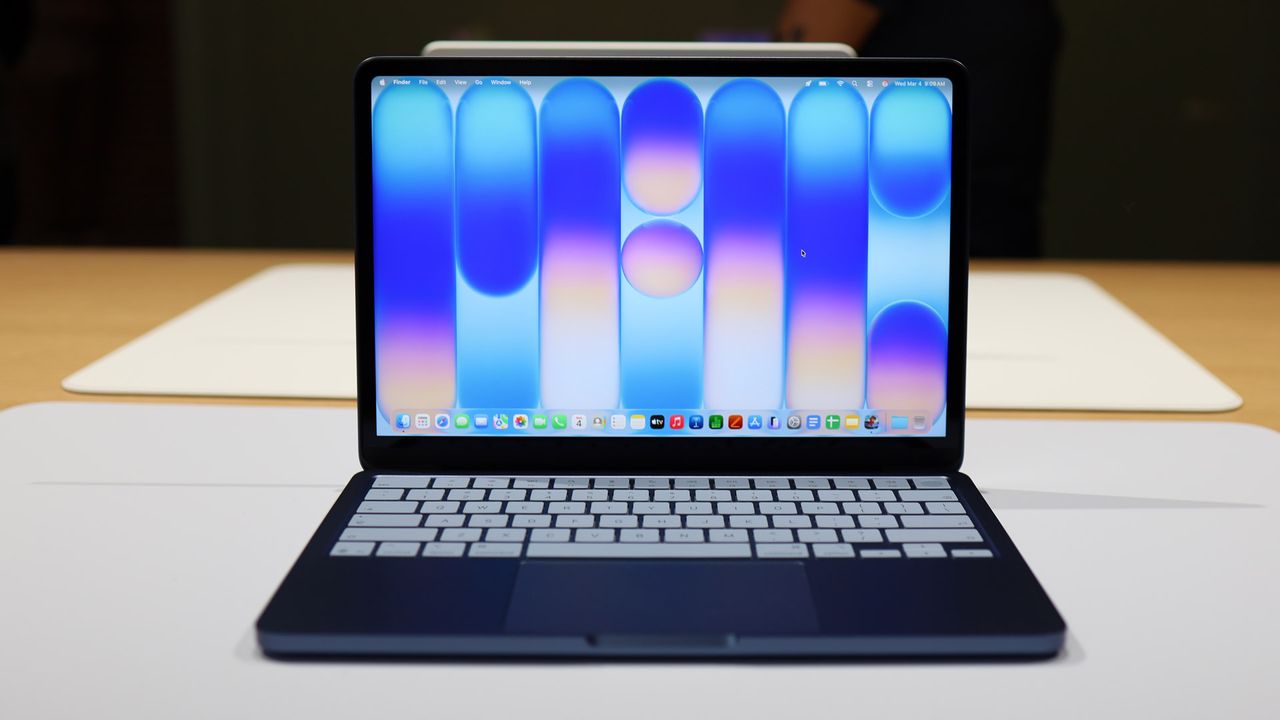
Have you ever heard the idea that people who are blind are much more in-tune with their other senses? Like the ability to smell or hear more profoundly. Many people who are blind or experience low vision don’t necessarily agree with this, but now we might actually have research to back this up. This week, a new study suggests that people who lose their sight early in life, actually are able to hear better. This has to do with subtle alterations in the brain circuitry, which is primarily responsible for hearing.
It’s believed that being born blind, or losing your sight early in life can make your hearing more sensitive. Most studies have shown that blind people do seem to have more precise hearing in some ways, but what we don’t know is to what degree, or where this heightened ability shows up in the brain. The authors behind the latest study say that they are one of the first group of people to look at what’s happening in the auditory cortex of people who are blind.
In fact, they scanned the auditory cortexes of people who were born blind, or who developed blindness early in life via an MRI. This included some people with anophthalmia, which is a condition where the individuals’ eyes were completely absent. The individuals were also scanned as they underwent hearing tests and were required to listen to pure tones. These tones were played at different frequencies, and their brain activity in the auditory cortex was measured as they heard these tones. Their results were then compared to a control group with average vision. Everyone in the study had average hearing.
What they found was that the auditory cortex was similar in both groups – including size. But there was a distinct difference in one aspect of how blind and sighted people process sound. In people who were blind, the auditory cortex appeared to be more attuned to frequencies of sound in the test, based on the kinds of brain activities the researchers were able to see in the scans.
“Let’s say you wanted to distinguish between a low frequency and high frequency note. For people with sight, that’s actually pretty easy to do, since the notes are very far apart. But in early blind folks, probably because they only have their auditory system to rely on, they’re actually much better at being able to distinguish between very close frequencies,”
Kelly Chang, Vision and Cognition Researcher, University of Washington
Other research has suggested that the brain’s neural connections can reorganize when a person becomes blind, specifically in the areas that usually process sight. This is an example of the brain’s well-known plasticity, but the findings of the study provide this kind of evidence in human subjects, which has never been seen before. What’s extremely interesting is that this type of compensation can happen in areas of the brain that aren’t directly affected by blindness.
But the study’s small sample size means that what the team found is far from definitive. But it is a good start and does give us some valuable information around what is happening in the brain. Chang hopes to explore further what this and other research could mean for people who are blind or with low vision.



